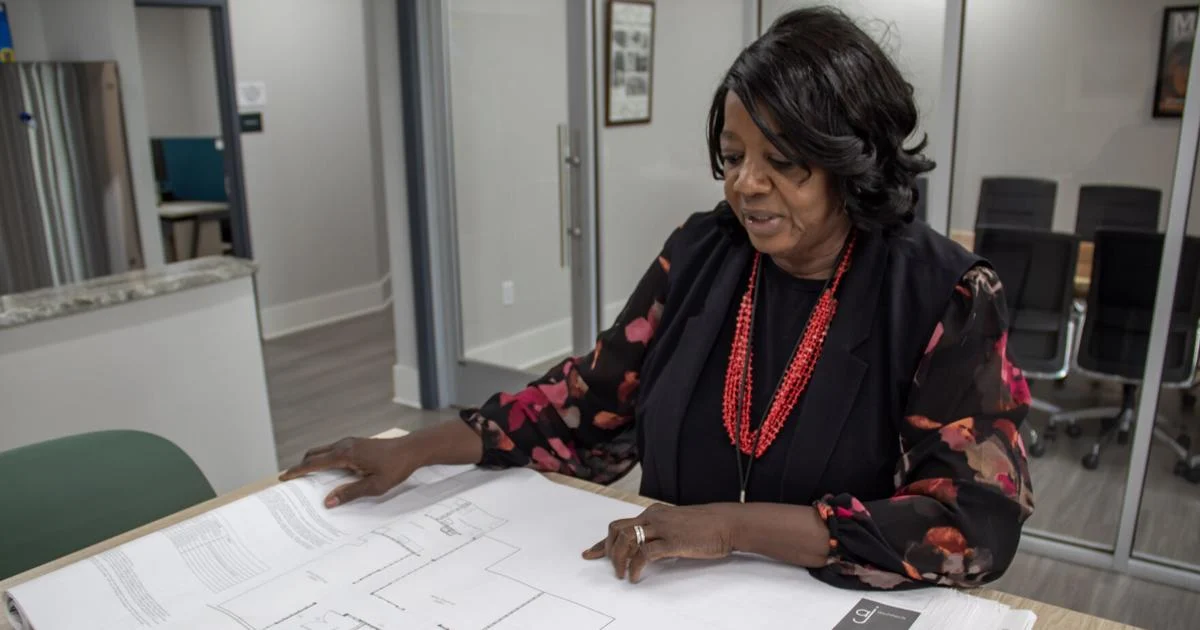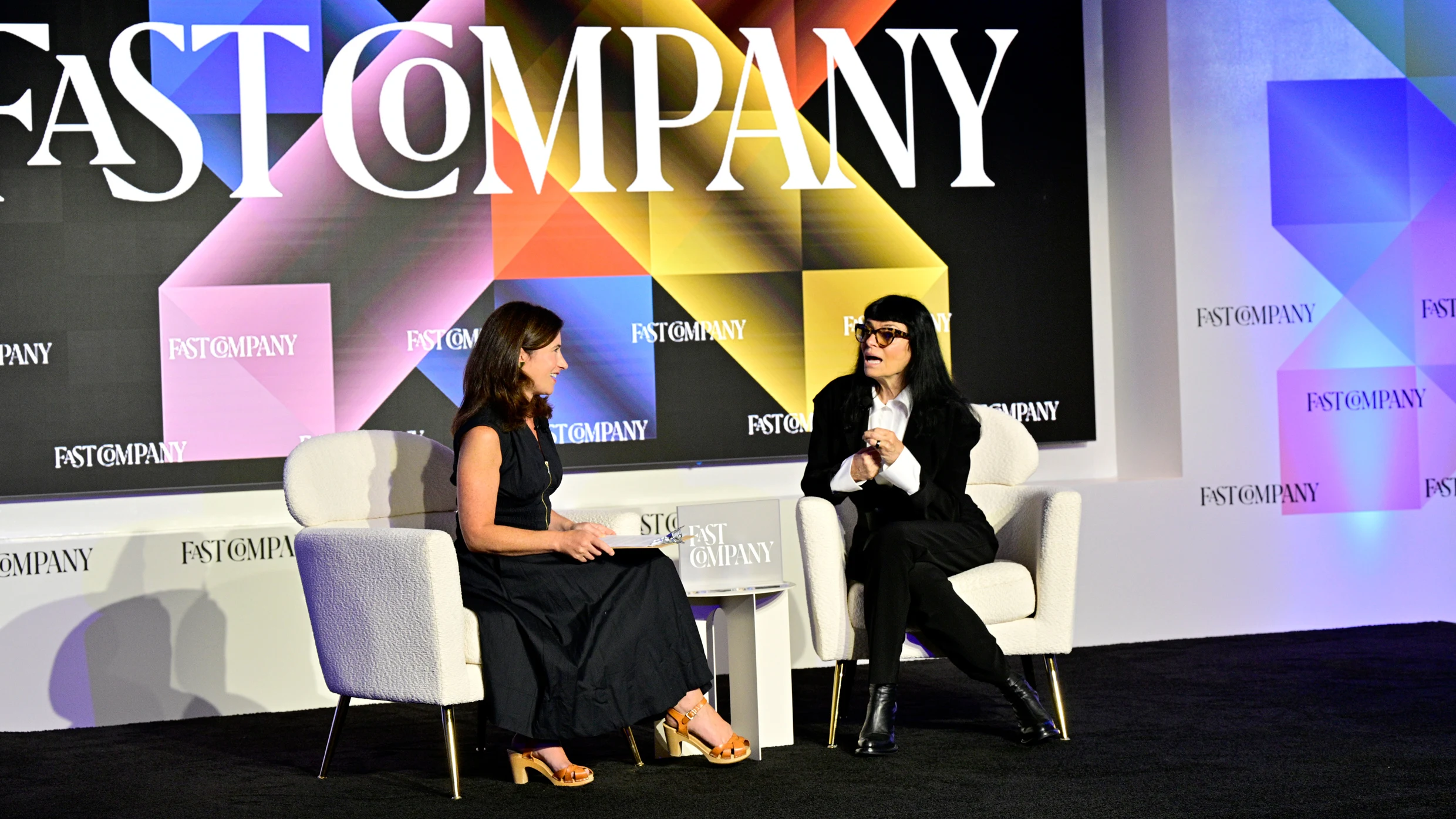
CHARLESTON — A vacant King Street storefront owned by the city will soon be revived by a group of small businesses that typically wouldn’t be able to afford the prime placement on their own.
The move is part of the city of Charleston’s new Retail on King initiative that supports underrepresented and women-owned businesses by offering them affordable retail space on the main shopping strip.
The downtown building has been allocated for four small boutiques with an additional pop-up space that will be known as the “Palmetto Row Collective.” It’s expected to open in time for the holiday shopping season.
Applications for small businesses to apply to be considered for the collective are due by Sept. 30. A selection committee will interview businesses before announcing who will fill the space. So far, more than 50 have applied, according to the city.
“When people come to Charleston, they are looking for that sense of authenticity in the business, service and product. And we will find a good mix of that,” said Ruth Jordan, manager of the city’s Minority & Women-Owned Business Enterprise Office, who oversees both initiatives that she said were three years in the making.
The Retail on King program is a continuation of an effort already underway in Charleston. Last year, the city opened the Entrepreneurial Resource Center, a co-working and private office space for small businesses at 91 Hanover Street.
Leases will include a one-year tenant agreement with a potential second-year option. Rent will be “well below market price,” Jordan said, but the exact figure hasn’t been finalized.
“Small businesses drive our economy, so we want to make sure that everybody gets a chance to be a part of that,” Jordan said.
Some of the biggest hurdles small business owners face include the search for affordable commercial rent, access to capital and knowing how to market themselves. Throughout the term of the lease, the city will be providing marketing and business training to address some of those gaps and help the owners be successful in and outside of that space, Jordan said.
She added that the city was inspired by similar incubator and co-op concepts in other major cities.
The city has owned 395 King Street (formerly 401 King Street) since 1992, when it was purchased for $900,000, according to property records. Over the years it’s been rented out to a number of tenants, most recently to a nail salon.
The storefront has since been divided into five 400-square-foot boutique spaces. The fifth space will be used as a pop-up space “for micro entrepreneurs who aren’t quite ready to be a full-time retailer but want to test the waters,” Jordan said.
Tyler Freeman, associate at The Shopping Center Group of Charleston, does a lot of business on King Street. He said it’s difficult for small business retailers to afford to be on King Street among the influx of higher-end brands.
At the start of 2024, he said commercial rent for a spot between Calhoun and Market streets could have leased for $75 per square foot. Now it’s marketed for at least $125 or higher. And it’s not just the price of the lease — it’s the competition to get it. Freeman said each time retail space hits the market, there are often 10 offers at minimum on the table.
“What you’re seeing is these kinds of local retailers and restaurants are being pushed out as these costs just continue to rise,” Freeman said. “I think an incubator-style concept is great for that spot in an area that is somewhat under-activated. It will connect what’s going on along Upper King to what’s happening below Calhoun.”



